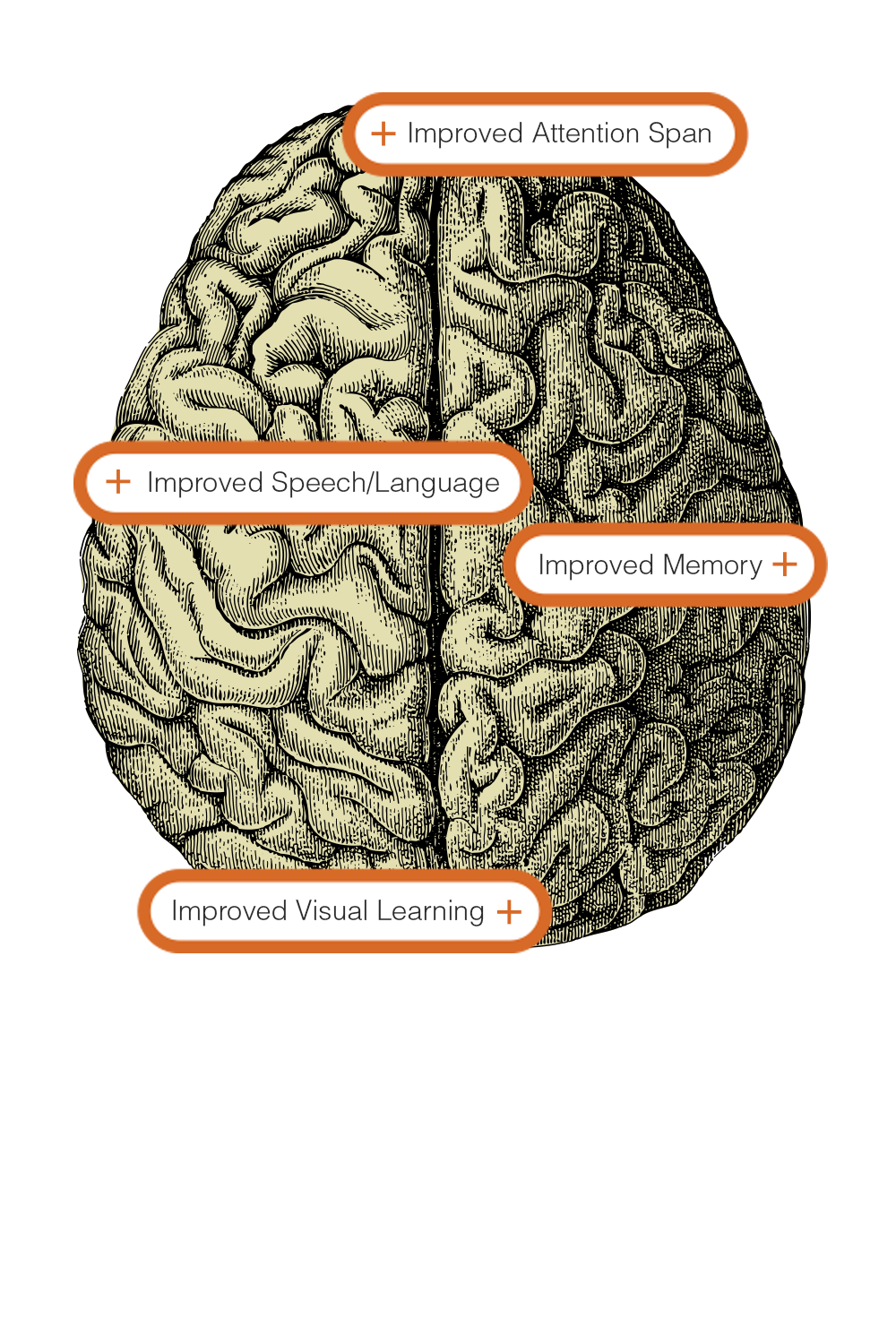qEEG functions by applying small sensors on the scalp to capture neural signals. These sensors measure electrical signals produced by nerve cells, the cells in the cerebrum that interact with one another. The data gathered is then analyzed and displayed as a series of waveforms. Each kind of neural wave—such as α, β, δ, and theta—corresponds to various mental states and functions. For instance, alpha oscillations are commonly associated with relaxation, while β waves are linked to engaged cognition and issue resolution. By analyzing these patterns, clinicians can detect irregularities that may indicate psychological health concerns.

One of the major advantages of qEEG is its ability to offer objective data. Unlike conventional evaluations that rely on subjective accounts from patients, qEEG provides a distinct picture of brain activity. Web Site This clarity can assist reduce biases in diagnosis and lead to more accurate treatment strategies. For example, if a patient is experiencing anxiety, qEEG can show particular patterns of brain activity that are associated with anxiety conditions. This data enables mental health professionals to customize treatments more efficiently, whether through therapy, medication, or alternative treatments.
Additionally, qEEG can be particularly useful in tracking treatment advancement. By conducting qEEG assessments at different points during treatment, healthcare providers can track variations in neural function over period. This continuous assessment assists ascertain if a intervention is working or if adjustments are required. For instance, if a client is not reacting to a particular treatment, qEEG may show that their neural activity has not changed in a manner that suggests progress. This response cycle can result to more personalized and effective mental health care.
In summary, qEEG brain mapping is a powerful tool in the field of mental health assessment. By providing objective information about neural function, it improves the comprehension of different psychological health conditions. This technique not only aids in accurate diagnosis but also helps in tracking treatment effectiveness. As mental health professionals continue to explore the capabilities of qEEG, it possesses promise for improving the lives of individuals facing mental health challenges. With ongoing investigation and progress in techniques, the secrets of the mind may turn more apparent, resulting to better outcomes for those in need of support.